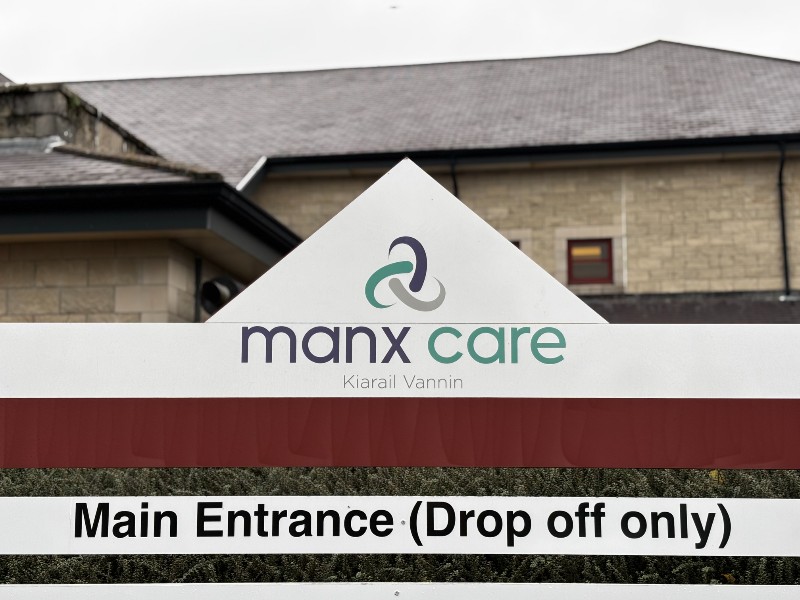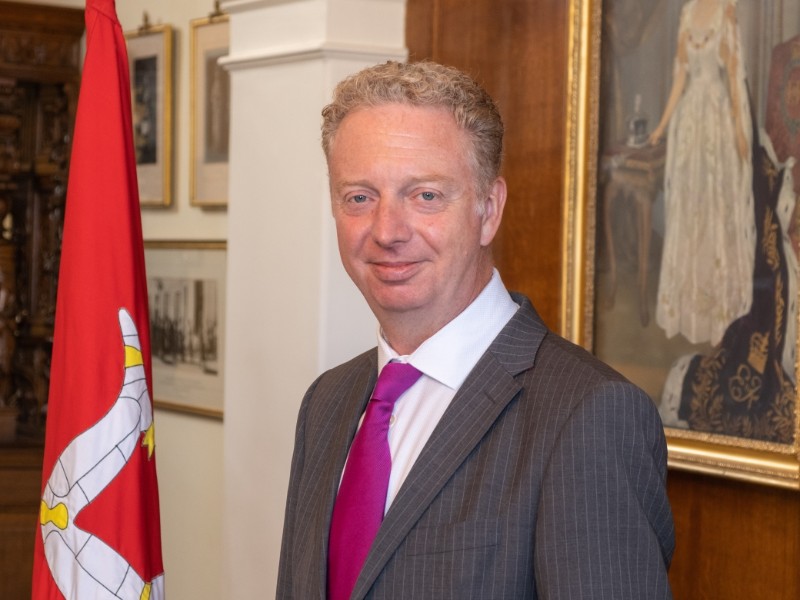
Alex Allinson discusses CoMin's Annual Report on Poverty Measures
Government needs to ensure all residents on the Isle of Man have a 'chance' to recover from, and avoid, poverty.
That's from the treasury minister as a report detailing what government is doing to alleviate this issue is set to be laid before Tynwald later this month.
Data from the latest round of the Household Income and Expenditure Survey suggests 11 percent of Isle of Man residents are living in 'relative poverty'.
That's when households live on less than 60 percent of the median household income. The number of residents in this category increases to 15 percent when taking into account housing costs.
Meanwhile, 25 percent of people living in private rental properties are classed as living in 'relative poverty'.
Treasury Minister Alex Allinson says there are 'pockets' of people on the Island living in so-called 'absolute poverty', meaning they can't meet basic human needs, such as food, water, shelter, and healthcare.
Mr Allinson was asked about the benefits of the report and if the number of people falling into poverty could ever be 'zero':
The Council of Ministers' Annual Report on Poverty Measures is the latest step in government's efforts to take on the recommendations of the Tynwald Select Committee on Poverty.
Some of the measures outlined by government in the Annual Report include:
- Energy Efficiency Scheme - 3,974 homes - 11% of total homes - have benefited from energy improvements since the scheme launched in December 2022. Methods range from SMART heating controls and thermostatic radiator valves, to insulation for lofts, water pipework and water tanks. Different types of draft excluders have also been provided as well as window seals, LED light bulbs, letter box covers and radiator reflectors.
- Employment Support - the Employment Service has successfully played a role in reducing the number of job seekers. Immediate support is provided to those in need, with additional outreach to individuals unemployed for three months. In addition, the Workplace Reintegration Programme will offer comprehensive support, including psychological, career mentoring, and skills training, to help long-term unemployed individuals re-enter the workforce.
- As part of the 2024/25 and 2025/26 Budgets there have been significant increases in key benefits which target working families. Changes to the rates of Child Benefit and eligibility thresholds will directly help approximately 3,000 families.
- Minimum Wage Increase - effective from 1 April 2025, the Single Hourly Rate has increased to £12.25, and the Youth Rate to £9.55. A review is underway to achieve parity with the Living Wage by July 2026.
- Childcare Credits Extension - the Childcare Credit Scheme 2024 has extended financial support to parents of children aged three and four, encouraging parents to return to the workplace. The scheme has already supported 1,367 children in the academic year 2024/25.
- Domestic Abuse Support - Social Security within the Treasury is providing lifeline payments to victims of domestic abuse, helping them to flee dangerous situations.

 Hark! Claims school didn't allow Christmas carols to be sung "rumour" and "hearsay", says minister
Hark! Claims school didn't allow Christmas carols to be sung "rumour" and "hearsay", says minister
 Education minister defends attempt to reopen schools for a half day on snow day
Education minister defends attempt to reopen schools for a half day on snow day
 Senior lecturer struck off nursing register after groping student
Senior lecturer struck off nursing register after groping student
 'Little data available' on number of employees earning the minimum wage on the IOM
'Little data available' on number of employees earning the minimum wage on the IOM
 Douglas high school reapplies for TT tents on school field
Douglas high school reapplies for TT tents on school field